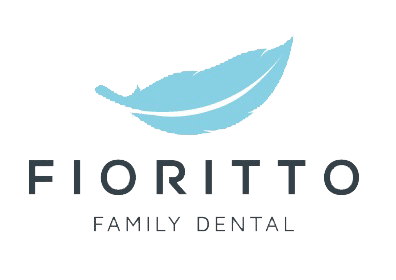An even smile not only enhances your appearance, but also plays a crucial role in your oral health. Crossbites are one type of misalignment, which can affect everything from chewing to childhood facial development.
What is a crossbite?
A crossbite is a dental misalignment where the upper and lower teeth do not properly meet when the jaws are closed. This condition can manifest in different forms. Unlike an overbite or underbite, which involve vertical misalignment, a crossbite is a lateral misalignment issue.
Crossbites can result from a combination of genetic and environmental factors. Some common causes include:
- Genetics: A family history of dental misalignments can contribute to the development of crossbites.
- Jaw growth discrepancies: Irregularities in the growth of the upper and lower jaws can lead to crossbites.
- Abnormal tooth eruption: If teeth do not erupt in the correct position, it can contribute to the development of a crossbite.
- Thumb-sucking or pacifier use: Prolonged habits like thumb-sucking or pacifier use, especially in early childhood, can impact dental alignment and lead to crossbites.
- Missing teeth: Gaps left by missing teeth can affect the neighboring teeth, causing misalignments, including crossbites.
Crossbites can impact both oral health and overall well-being. Here are some ways crossbites affect patients:
- Chewing difficulty: Crossbites can make it challenging for individuals to bite and chew food properly.
- Speech impairment: In some cases, a crossbite can affect speech clarity and pronunciation.
- Increased risk of tooth decay: Misaligned teeth may create spaces that are difficult to clean, leading to a higher risk of plaque buildup, cavities and gum disease.
- Tooth wear: Uneven pressure on teeth in a crossbite can result in premature wear of tooth enamel, increasing the likelihood of tooth sensitivity and other dental problems.
- TMJ issues: Crossbites can contribute to imbalances in jaw alignment, potentially leading to temporomandibular joint (TMJ) issues, such as jaw pain, clicking or difficulty opening and closing the mouth.
- Aesthetics: Crossbites can affect the appearance of the smile, causing the upper and lower teeth to be misaligned.
- Facial development: In children, untreated crossbites can influence the development of the face and jaw. Early intervention can guide proper growth.
Corrective measures
Fortunately, various measures can be taken to correct crossbites:
- Orthodontic treatment: Traditional braces are effective in correcting crossbites by gradually moving the misaligned teeth into their proper positions. Clear aligners can be an alternative for mild to moderate crossbites, providing a more discreet option for orthodontic treatment.
- Palatal expanders: For cases where the crossbite is caused by a narrow upper jaw, a palatal expander may be recommended. This device widens the upper jaw, allowing the upper teeth to properly align with the lower teeth.
- Surgical intervention: For severe cases, especially those involving skeletal discrepancies, surgery may be recommended.
- Early intervention: Identifying and addressing crossbites at an early age can prevent further complications.
Scheduling regular checkups with your Fioritto dentist can help catch alignment and other oral health issues early. Call our office today to schedule your next appointment.
